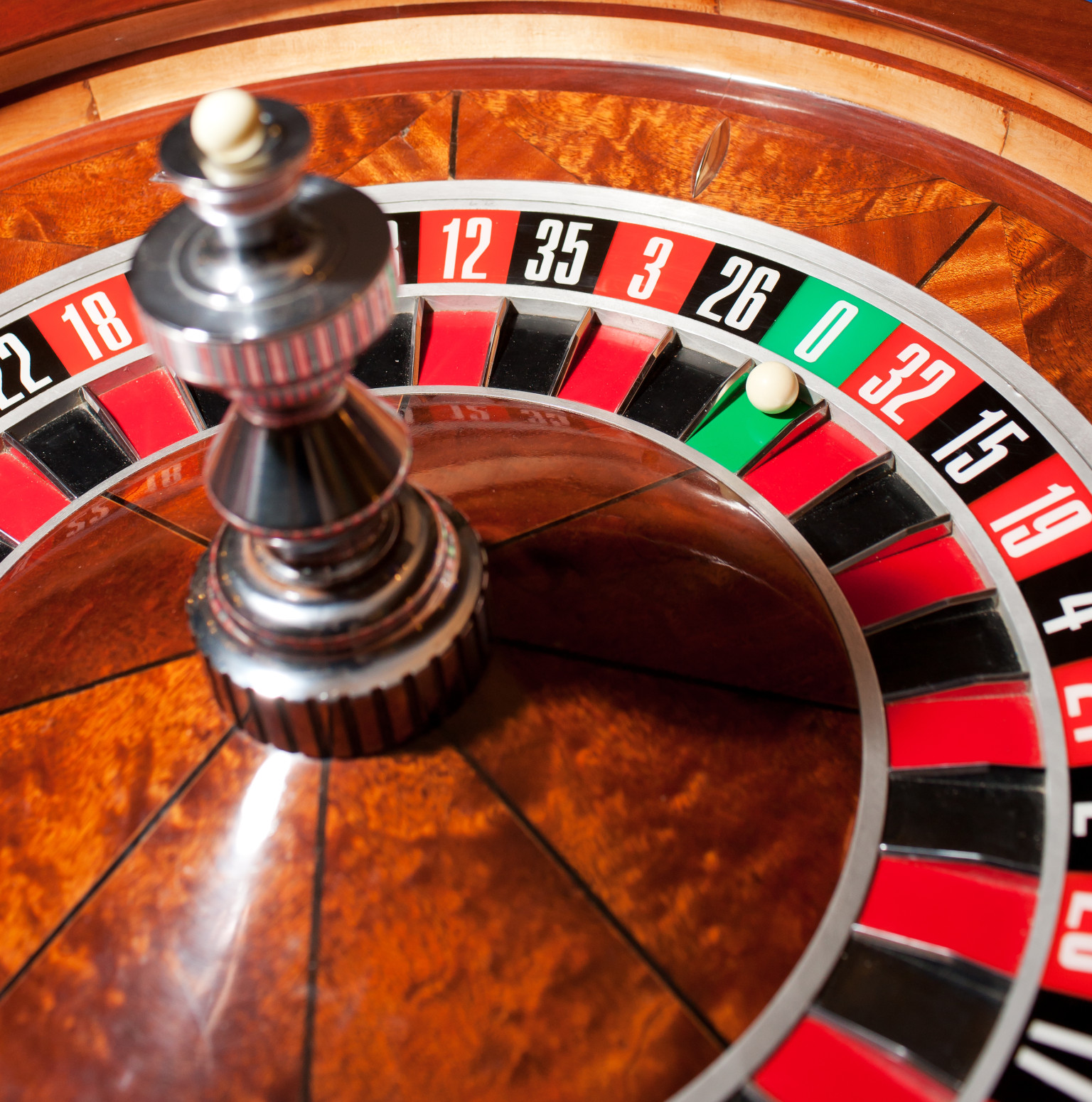Gambling games have long captured the fascination of humans around the world, becoming an integral part of both entertainment and society. From the shimmering lights of Las Vegas to the immersive experience of internet gambling, these experiences evoke enthusiasm, uncertainty, and sometimes even a sense of nostalgia. They are more than just pastimes; they have woven themselves into the fabric of human experience, influencing everything from film and music to fashion and writing.
The appeal of casino games surpasses the wagering aspect, tapping into broader themes of luck, possibility, and social interaction. As players gather around a gaming table or spin the roulette wheel, they engage in an ancient ritual that resonates with our collective desire for adventure and instability. This captivation has led to the rise of many references in cinema, songs, and electronic games, showcasing how intensely entrenched these pastimes are in mainstream culture. Whether it is the pressure of a traditional robbery film or the colorful nightlife portrayed in music videos, casino games have carved out a substantial niche that reflects our bond with reward.
Historical Impact of Gambling Games
Casino activities have played a key role in cultural aspects throughout history. Originating from old societies, forms of chance were often linked to rituals or gatherings. For instance, early forms of gambling can be traced back to ancient Chinese and the Romans, where dice games and betting on outcomes were common pastimes. These activities not only functioned as leisure but also as means of connecting people, facilitating connections among individuals within communities.
As cultures evolved, so did the complexity and structure of casino games. F8BET The creation of formal casinos in the 17th century, particularly in Italy, marked a notable shift in how games were viewed and structured. With specific spaces for gaming, the casino became a community center where patrons from different backgrounds convened. This evolution contributed to the legitimization of gambling, transforming it from a mere pastime into an organized industry that influenced economy and policy.
The impact of gambling games on mainstream culture cannot be overlooked. As they were popularized in books and movies, games such as poker and blackjack became icons of chance, chance, and strategy. Iconic characters and stories have developed around these games, illustrating societal views towards fortune, prosperity, and immorality. This interest with casino games has permeated various forms of media, solidifying their place in the public imagination and linking them to broader cultural stories throughout history.
Portrayal of Gambling Games in Media
Gambling games have long been a popular subject in different types of entertainment, reflecting both the thrill and intricacies of gambling culture. Movies such as Ocean’s Eleven and Casino Royale portray characters who navigate high-stakes environments, showcasing not only the allure of the casino atmosphere but also the tactics and judgments that come with playing popular games like Texas Hold’em and 21. These films often dramatize the excitement of winning and the potential repercussions of losing, encapsulating the perils involved in betting.
Television shows have also explored the realm of casino games, often integrating them into the narrative as a setting for character arcs and drama. Series like Vegas depict the stories of casino workers and patrons, highlighting the vibrant, often disorderly energy of the casino floor. https://f8betlv.com/ Docuseries featuring high-stakes gambling competitions further emphasize the attraction of casino games, drawing viewers into the drama and tactics involved in each game. Through these portrayals, media not only amuses but also stimulates conversations about fortune, skill, and the essence of chance.
Video games have increasingly incorporated gambling activities into their development, allowing players to simulate the feeling of betting without financial risk. Games within the domain of digital gaming often include online slot machines, online poker, and other popular casino games, creating an immersive gameplay that mirrors real-life gameplay. These virtual portrayals make gambling activities accessible to a broad demographic, appealing to both gamblers and those who enjoy the thrill of virtual experiences. As a result, the portrayal of casino games in entertainment continues to shape cultural attitudes and importance, highlighting their role in entertainment and social context.
Impact of Gambling Activities on Communities
Casino games have a meaningful effect on society, influencing multiple facets of societal norms and interpersonal behavior. They often function as a venue for community engagement, where people come together to experience a common experience. Game nights with friends or trips to casinos become social activities that build connections and create memories. This communal aspect enhances the fun value of gambling activities, making them a popular choice for celebrations and recreational pursuits.

Moreover, gambling activities have been depicted in countless films, TV series, and written works, shaping views and attitudes towards gambling and gaming. Icons like James Bond playing baccarat or the high-stakes poker scenes in films have embedded these games in the collective imagination. This representation often glamorizes the lifestyle associated with casino activities, attracting new players and impacting trends in both style and conduct. These portrayals can spark curiosity and lead to a more profound investigation of the nuances of gambling.
Nonetheless, there are also negative consequences linked to the popularity of casino games. The allure of quick monetary gain can lead to gambling addiction and financial troubles for some individuals. Society must grapple with these issues, advocating for responsible gaming and awareness of the risks involved. Balancing the fun aspect of gambling activities with the potential for harm is crucial to ensure that they remain a beneficial aspect of our cultural landscape.
